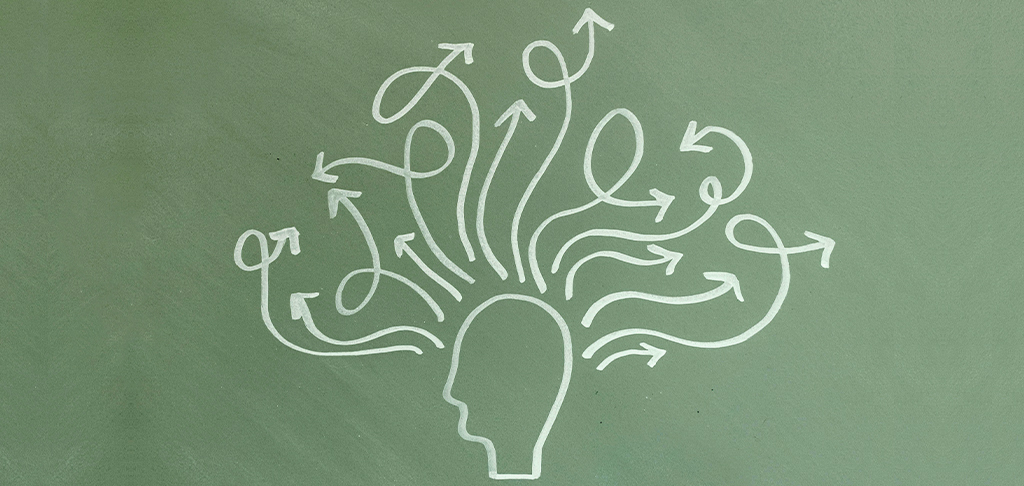A common misconception about Attention Deficit Hyperactivity Disorder (ADHD) is that it only affects children. However, for many people, the symptoms persist into adulthood. Through a series of blogs here on our website, we want to delve into the characteristics of adult ADHD, explore its associated symptoms, and discuss effective treatment approaches.
Signs and Symptoms of Adult ADHD
While the hyperactive symptoms may diminish in adulthood, inattentiveness and impulsivity often persist. Adult ADHD often manifests as:
- Difficulty concentrating: Struggling to focus on tasks, getting sidetracked easily, and having trouble following through on commitments.
- Impulsivity: Acting without thinking, making hasty decisions, and difficulty controlling emotions.
- Time management: Procrastination, disorganization, and struggling to meet deadlines.
- Forgetfulness: Misplacing items, forgetting appointments, and difficulty remembering details.
- Restlessness: Feeling fidgety or unable to sit still, excessive talking.
- Difficulty with relationships: Challenges in maintaining relationships due to impulsivity, poor communication, or difficulty empathizing.
- Low self-esteem: Often associated with academic or career struggles, leading to feelings of inadequacy.
These symptoms vary in severity and present differently in individuals. Overlapping symptoms with other conditions, such as anxiety or depression, can further complicate diagnosis.
Diagnosis of Adult ADHD
Diagnosing ADHD in adults can be challenging due to the subtle nature of symptoms and the potential for comorbid conditions. At Caliper Wellness we can perform the ADHD testing and get you on your way to a more productive lifestyle. We can provide:
- Clinical interview: A detailed discussion of symptoms, history, and functional impairment.
- Rating scales: Standardized questionnaires to assess ADHD symptoms and their impact on daily life.
Treatment Options for Adult ADHD
Treatment for adult ADHD often involves a combination of medication and therapy.
- Natural Remedies: Over the counter, holistic options, are a great place to start.
- Medication: Stimulants and non-stimulant medications are commonly prescribed to improve focus, attention, and impulse control.
- Therapy: Cognitive-behavioral therapy (CBT) can help individuals develop coping strategies, improve time management skills, and address emotional regulation.
- Lifestyle modifications: Regular exercise, a healthy diet, and adequate sleep can enhance overall well-being and potentially mitigate ADHD symptoms.
At Caliper Wellness we believe adult ADHD is a treatable condition that significantly impacts daily life. We want to help you recognize the signs and symptoms for diagnosis and intervention. Our approach is a combination of medication, therapy, and lifestyle modifications which can effectively manage ADHD symptoms and improve overall quality of life. Reach out to us today to schedule an appointment with one of our providers.
References:
- American Psychiatric Association. (2013). Diagnostic and statistical manual of mental disorders (5th ed.). Arlington, VA: Author.
- Barkley, R. A. (2012). Adult ADHD: What the clinician needs to know. Guilford Press.
- Faraone, S. V., & Doyle, A. E. (2015). Attention-deficit/hyperactivity disorder. The Lancet, 386(10000), 1031-1044.



